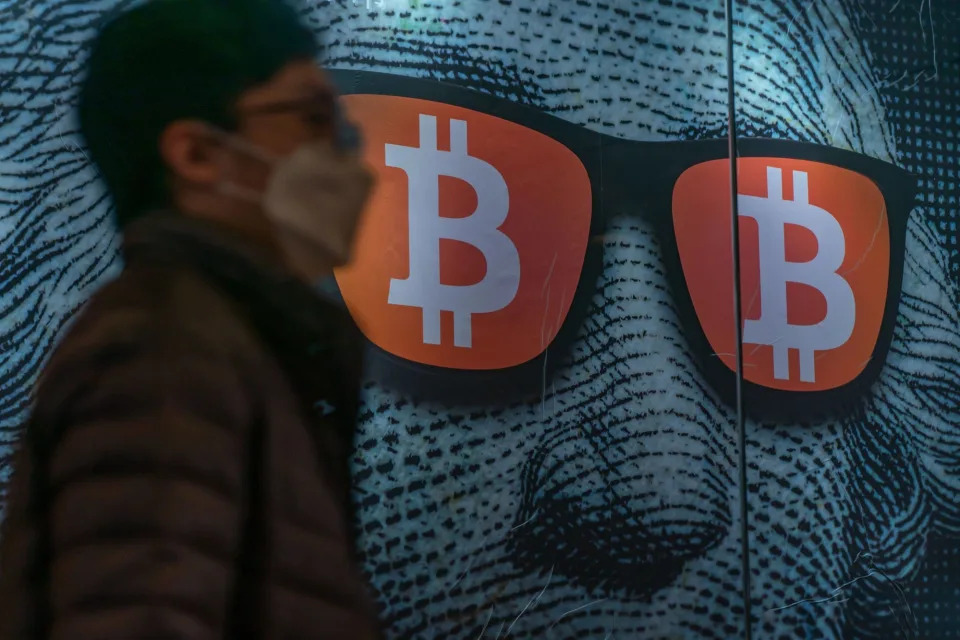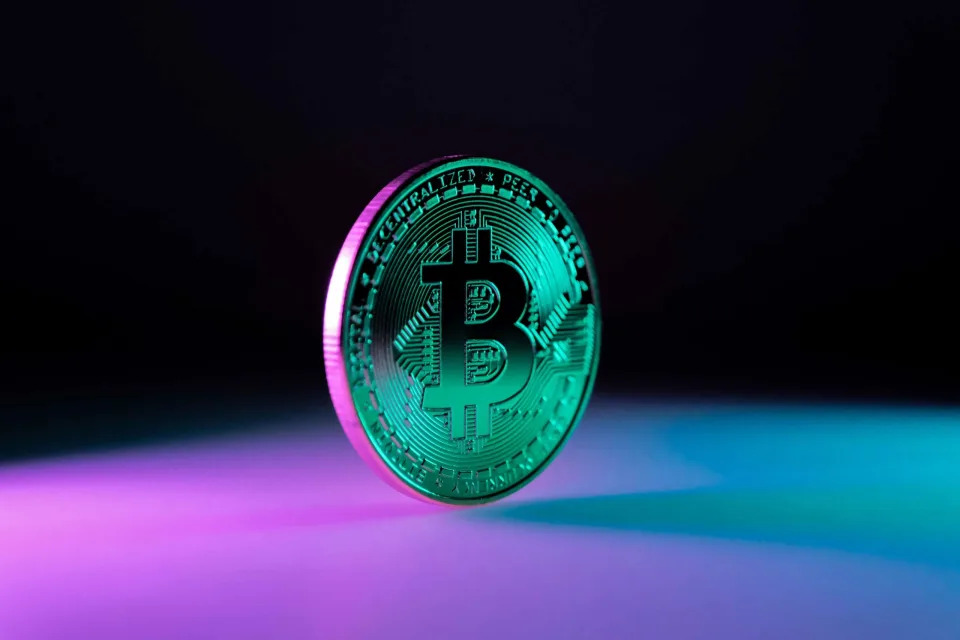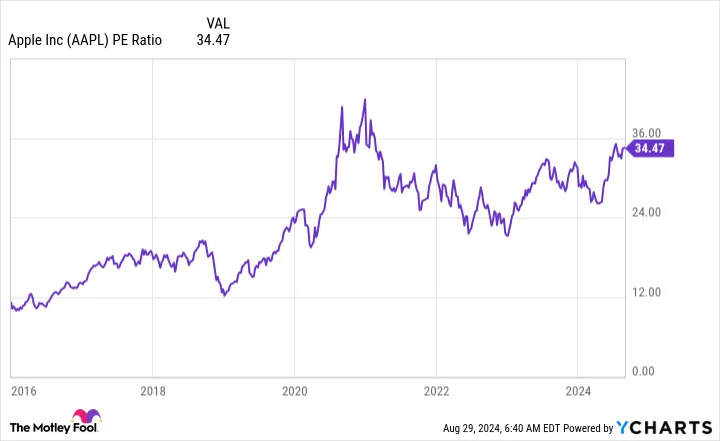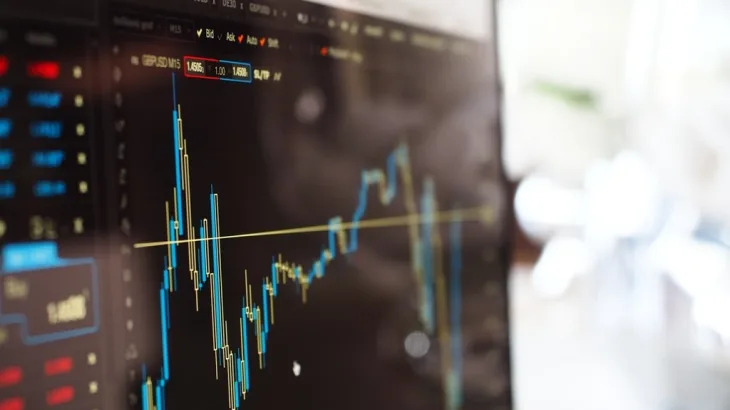The Hong Kong Monetary Authority (HKMA) will subsidise some companies in issuing tokenised bonds in the local market, as the city forges ahead in incorporating blockchain in the financial services sector amid a push to become a virtual-asset hub.
The city's de facto central bank has launched a three-year grant scheme that will hand out up to HK$2.5 million (US$321,000) in subsidies per issuance to qualified tokenised-bond issuers, for a maximum of two issuances, the HKMA said on Thursday.
Tokenised bonds record beneficial interests on a blockchain - a distributed digital ledger - instead of using traditional computerised book entries.
The scheme follows two previous projects introduced by the Hong Kong government, including HK$800 million of tokenised green bonds launched in February 2023 and around HK$6 billion of multicurrency digital bonds issued in February this year.
The first issuance proved that offering tokenised bonds "works in Hong Kong", Kenneth Hui, an executive director at HKMA, said in a media briefing on Thursday. The second issuance showed that the business model can help "bring bond tokenisation to the mainstream market", he added.
The financial regulator is hoping to "push the boundaries" by turning concepts into real-world applications, Hui said.

Hong Kong is pushing to become a virtual-asset hub. Photo: Getty Images alt=Hong Kong is pushing to become a virtual-asset hub. Photo: Getty Images>
Firms hoping to receive the new HKMA grant will need to meet certain requirements. For example, they should issue their products in Hong Kong, and their issuance teams should have a "substantial Hong Kong presence", according to the regulator.
To qualify for the full HK$2.5 million grant, the size of a tokenised bond issuance has to be no less than HK$1 billion. The bonds should be listed on the Hong Kong stock exchange or licensed virtual-asset trading platforms in the city.
While tokenisation holds the promise of making bond issuances more transparent and efficient , adopting new technologies entails additional costs, according to Hui. The subsidies are aimed at helping firms overcome their "initial reluctance" by giving them financial incentives, he said.
The HKMA said it does not have a target for how many grants it hopes to give out, and will review eligibility on a case-by-case basis.
Moving forward, Hong Kong will explore various uses of tokenised bonds in secondary markets, including allowing banks to borrow for a short period using digital bonds as collateral, a practice commonly known as repo financing, HKMA Chief Executive Eddie Yue Wai-man wrote in a blog post published on Thursday.
He added that the regulator will also look into allowing retail access to tokenised bonds, but that would take "additional time and effort, and involve considerable complexities in legal, technological and operational aspects".
This article originally appeared in the South China Morning Post (SCMP) , the most authoritative voice reporting on China and Asia for more than a century. For more SCMP stories, please explore the SCMP app or visit the SCMP's Facebook and Twitter pages. Copyright © 2024 South China Morning Post Publishers Ltd. All rights reserved.
Copyright (c) 2024. South China Morning Post Publishers Ltd. All rights reserved.





